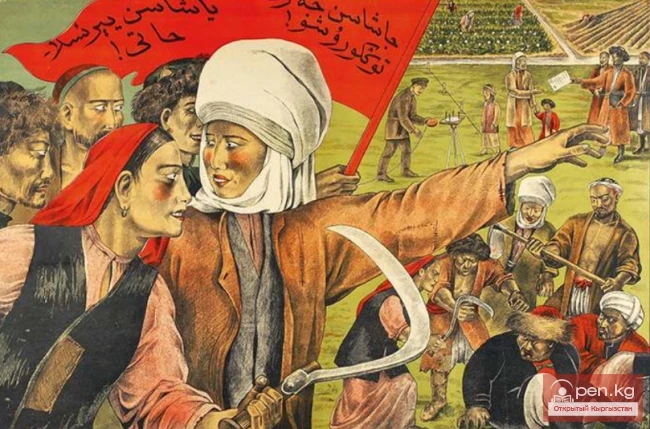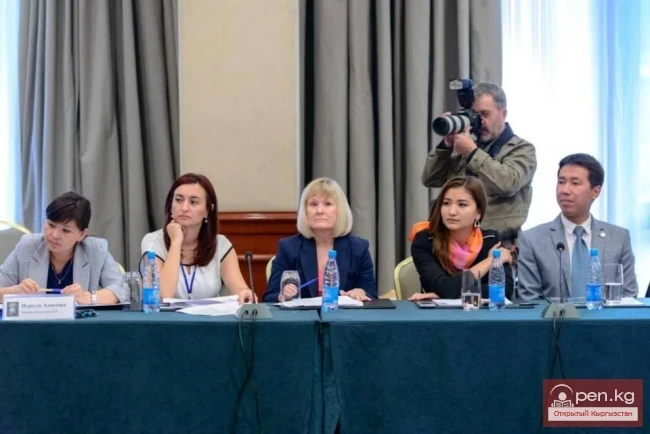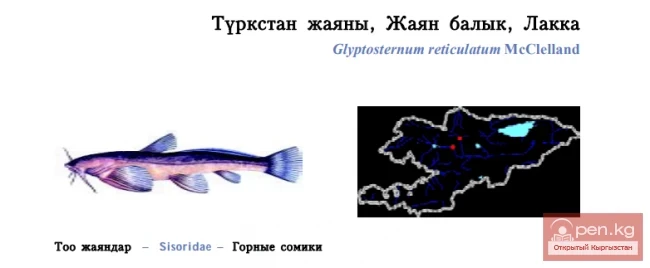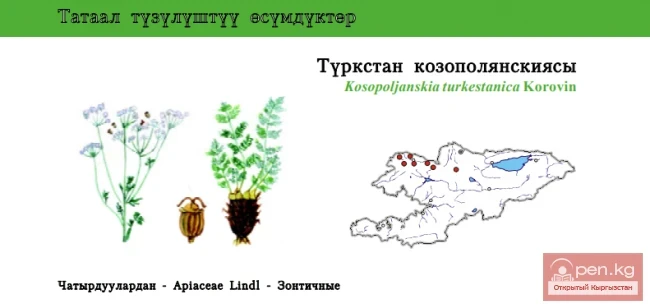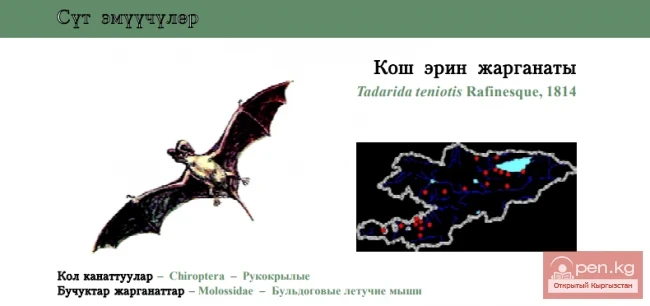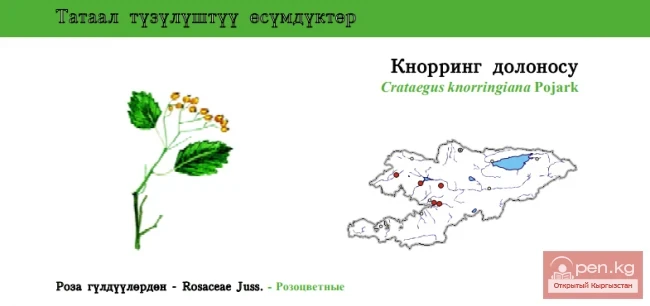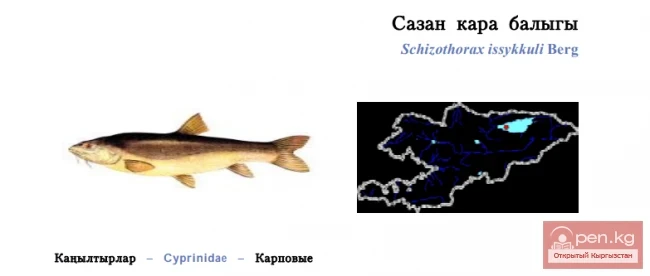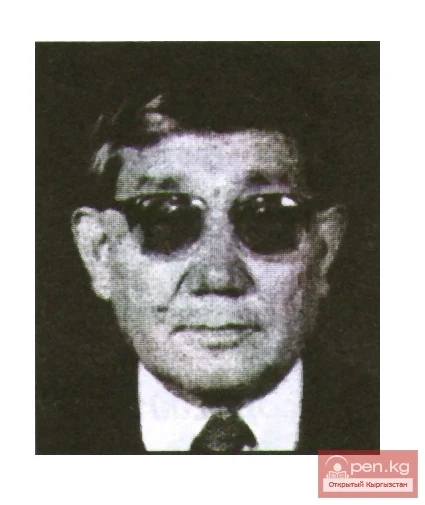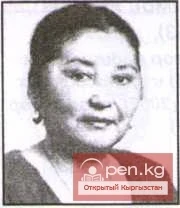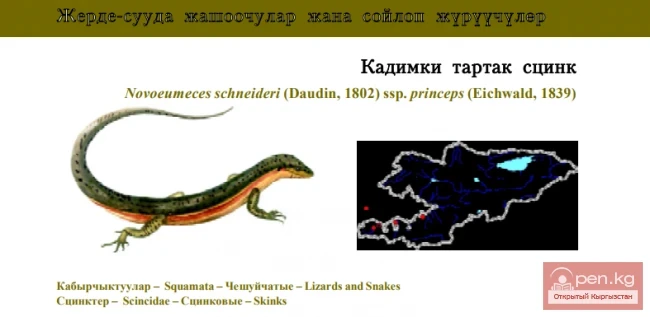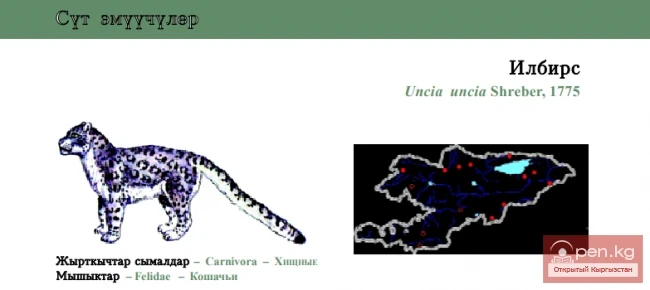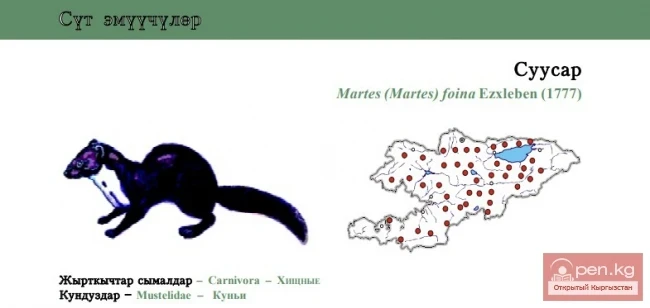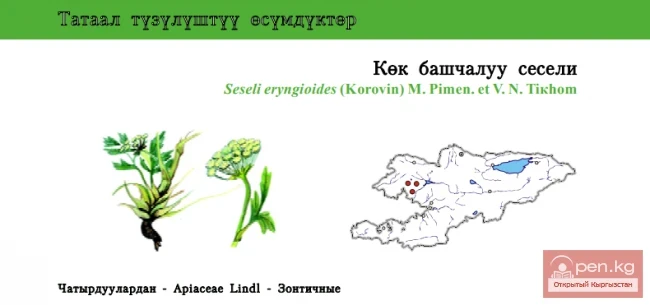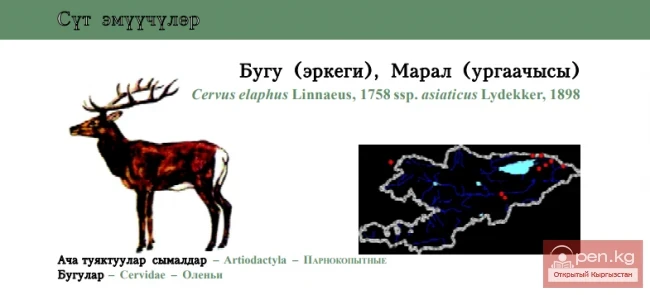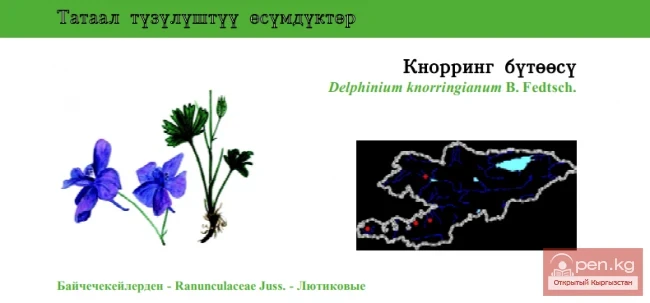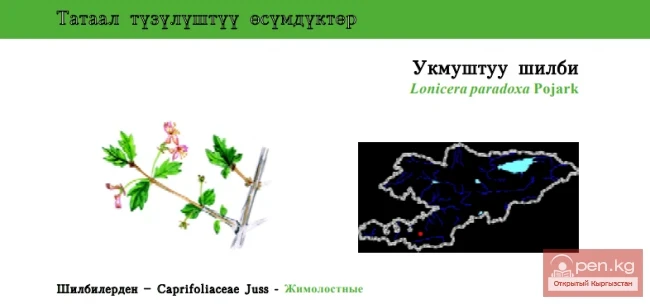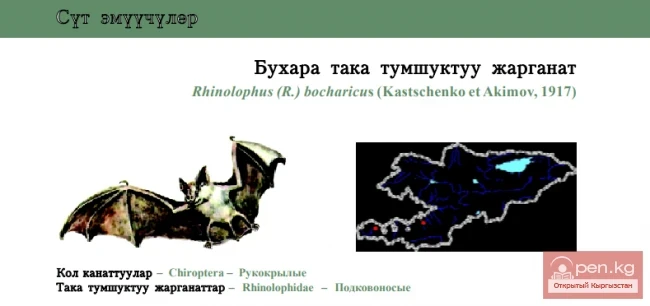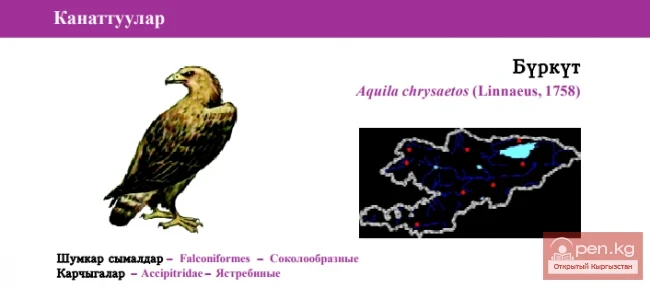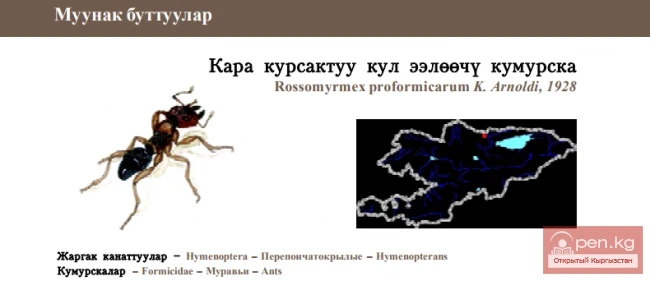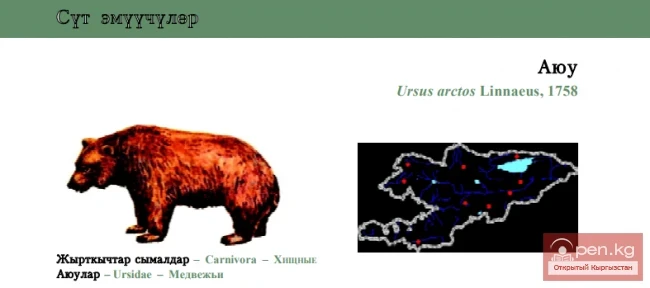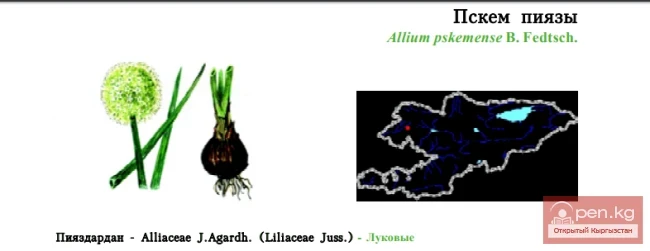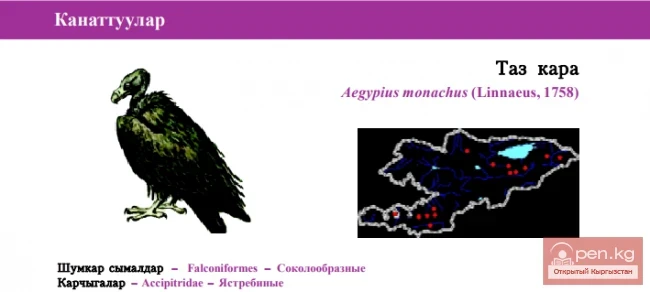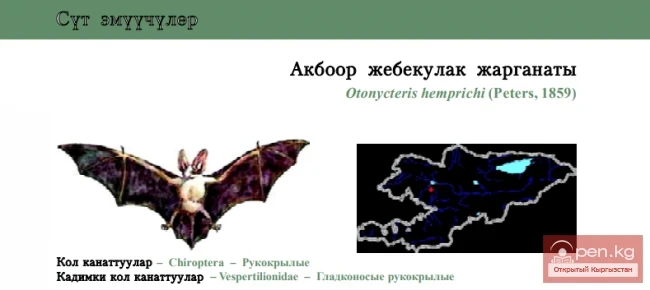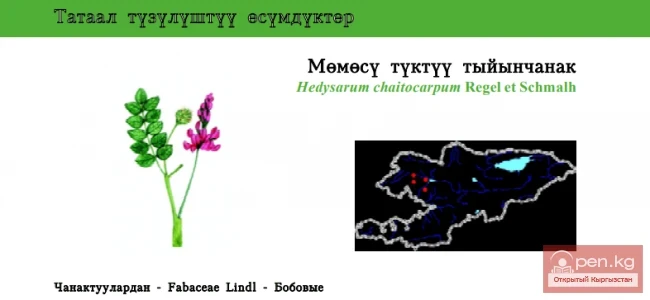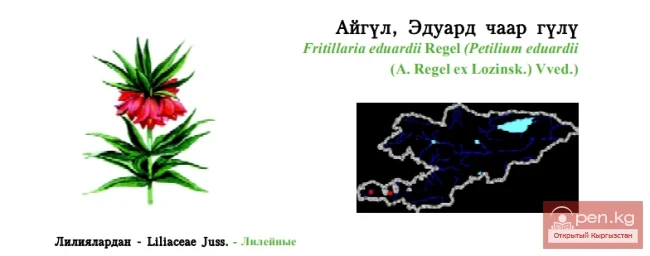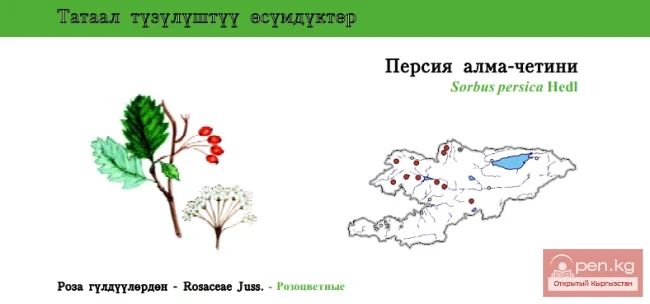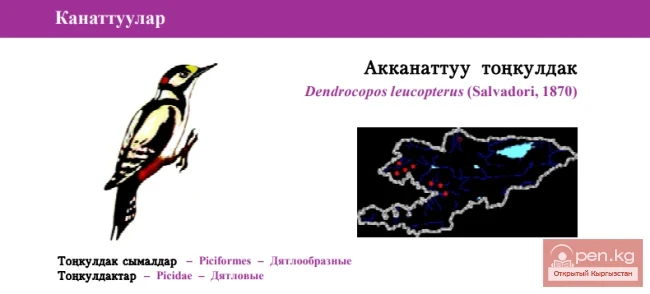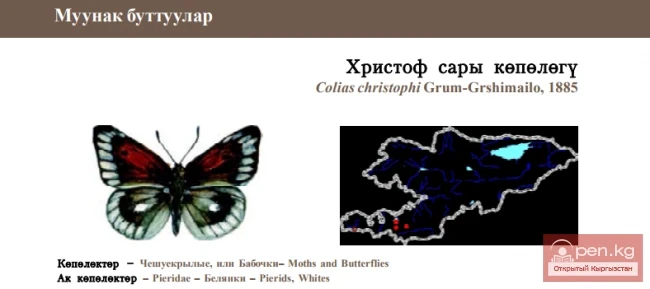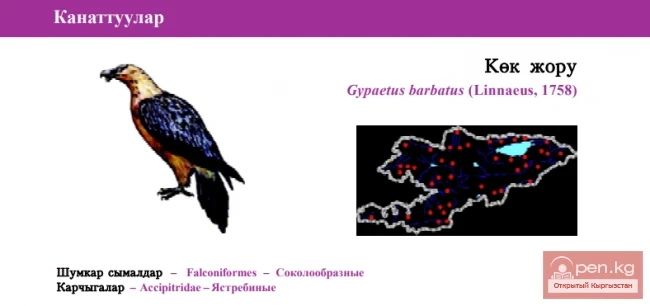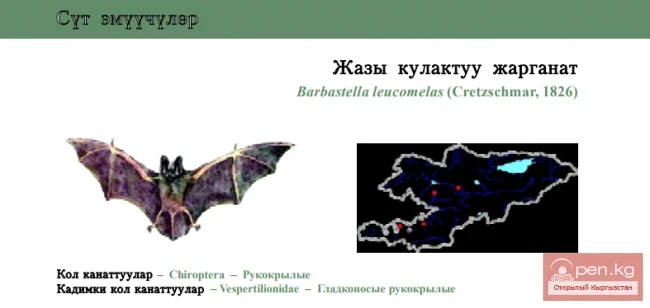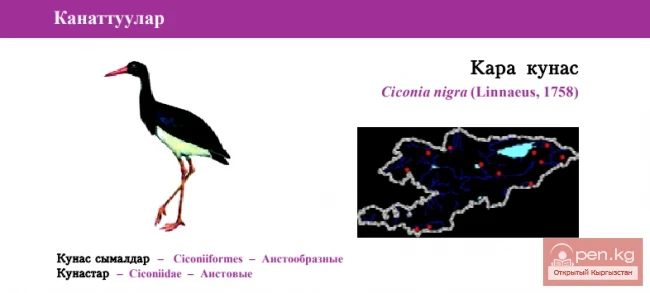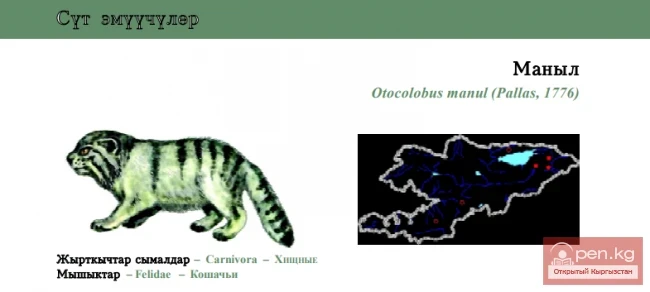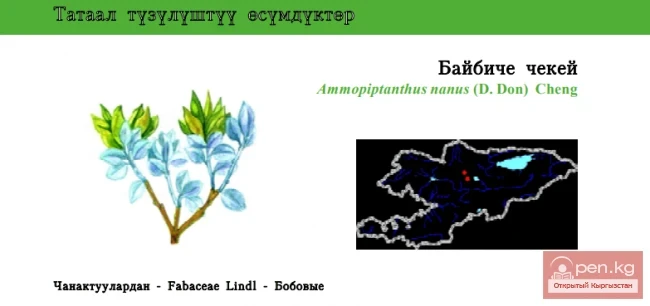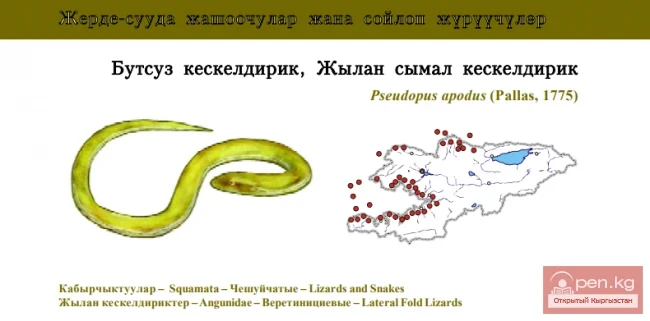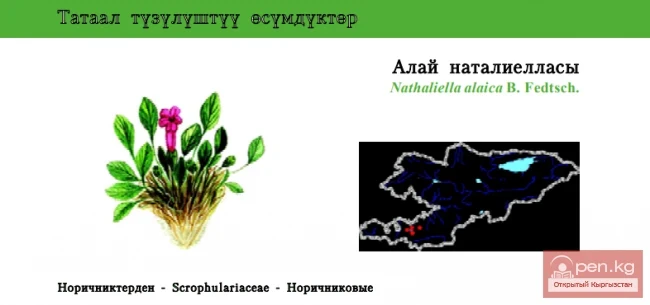Propaganda of proletarian ideas in Turkestan by political exiles
Political exiles, especially social democrats and other revolutionarily inclined individuals, despite their extreme scarcity and disorganization, engaged in political work even with their limited capabilities and called upon the local workers to fight against the tsarist autocracy. They sought, to some extent, to establish connections with social democratic organizations in the central industrial cities of the country, from which they received revolutionary literature, etc. They also propagated proletarian ideas, attempted to organize social democratic circles and groups. Despite the harsh colonial regime and police persecution, political exiles tried to connect with local workers and the laboring peasantry, to conduct propaganda of revolutionary ideas among them, and to distribute illegal leaflets, proclamations, appeals, and literature. All of this seriously concerned the colonial authorities. It is no coincidence that the governor-general of Turkestan in 1903 had to petition the government to stop sending politically "unreliable" individuals to Turkestan, who were exerting a "corrupting" influence on the local population.
In the penetration of revolutionary ideas, Russian labor peasant settlers played a significant role, participating in the destruction of noble estates and other anti-feudal uprisings and protests by peasants in the central provinces of Russia. The number of peasants with such experience of class struggle increased year by year.
Political exiles and other revolutionarily inclined individuals, communicating with representatives of the laboring indigenous population, expressed sympathy towards them, exerted political influence on them, contributed to the spread of revolutionary ideas, the intensification of social contradictions, and the growth of class and national liberation struggles. To some extent, the working people of the region began to come under the beneficial influence of democratic thought and the revolutionary ideas of political exiles and other progressive figures from Russia.
Political exiles in Turkestan
